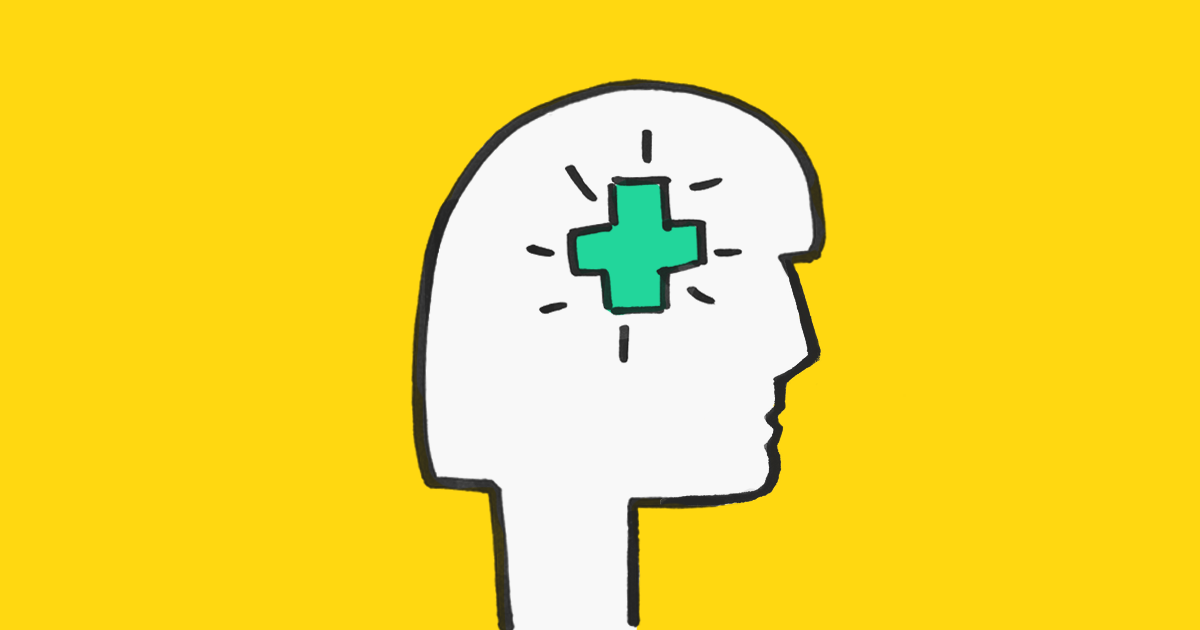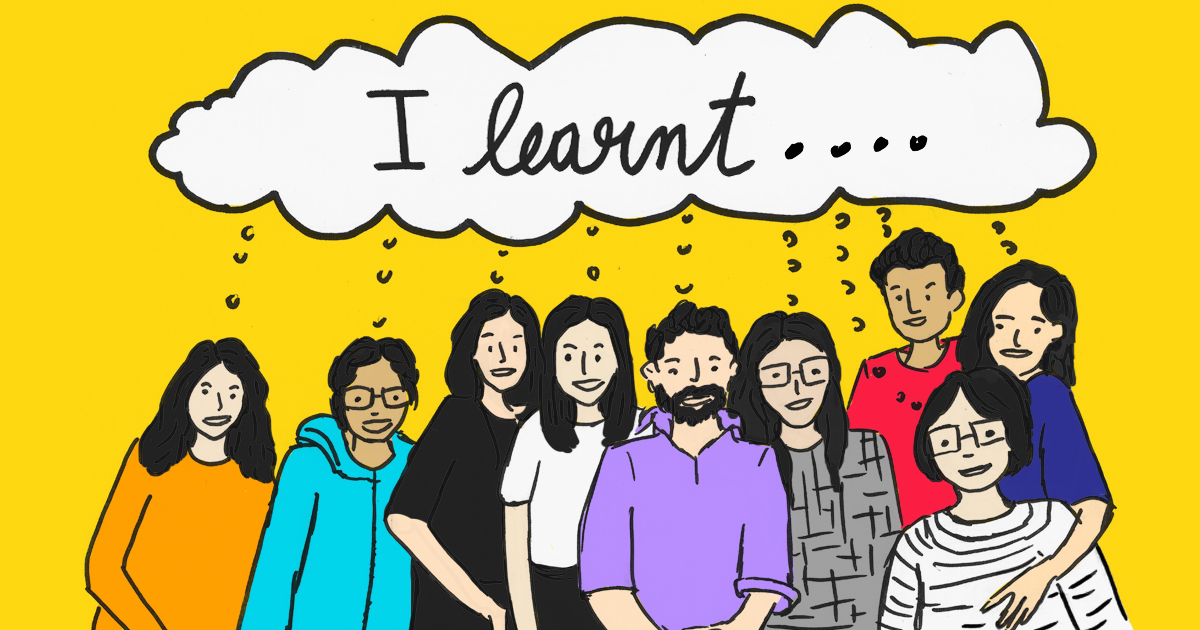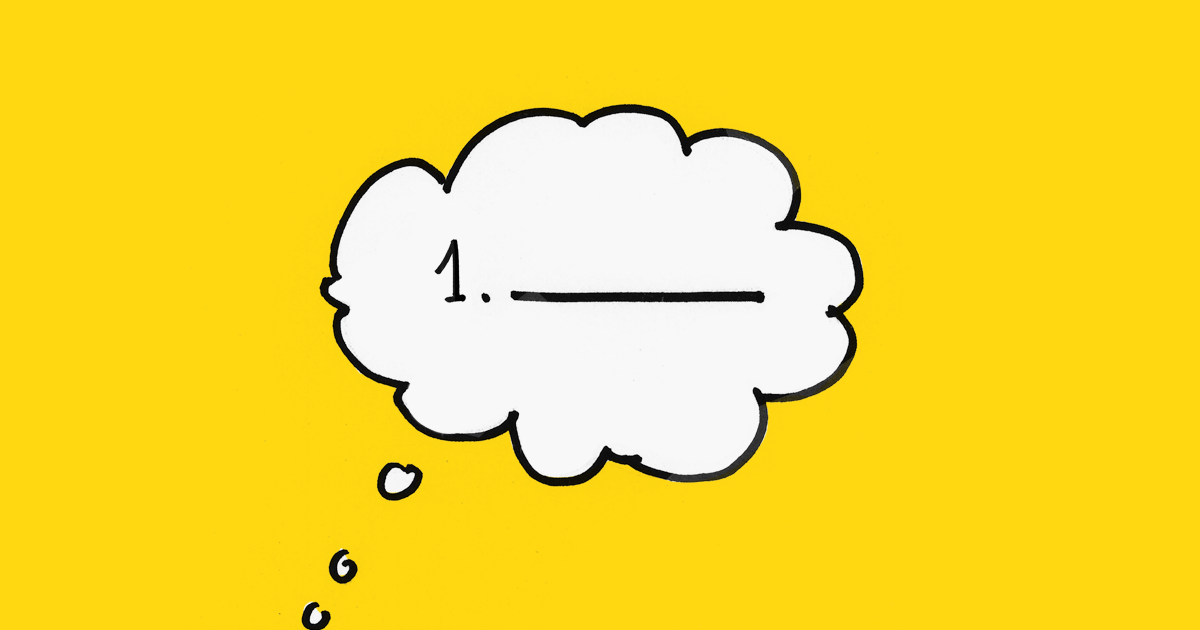Engineering Culture: The Hidden Operating System for Scaling Success
How engineering culture drives faster delivery, lower risk, and sustainable growth
Mental health first aid training helps us provide support and recovery when needed and promote a healthy work environment.
As ‘people people’ we deeply care about our fellow Badgers and want to make sure we’re all supported in our teams and day-to-day work.
We know good health does not only have a positive impact on our people’s productivity but moreover on their lives: good mental health is just as important as good physical health. We want to be able to support our colleagues with their resilience.
Hence, a group of us went on a 2-day Mental Health First Aider (MHFA) training so that everyone within the business knows who they can go and talk to if they want to.
Our aim was to be able to provide help and recovery where needed and be able to promote a healthy environment, where everyone can feel emotionally, psychologically and socially well at Red Badger.
After some time to reflect, we’ve asked our MHFA to share their biggest learning of the course with us.

I listened to a talk a while back about mental health and learnt about the ‘stress container’, which is a metaphor for your capacity to manage stress.
Picture a container with an open top. This is your stress container. Every time you have something stressful happening to you, imagine that you are throwing them into this container.
There is a bulb at the bottom that you can open when you do something to relieve stress such as exercise or meditation.
And the tricky thing is that you would not know how big your container is for sure until it spills over. I wanted to find out how close I was to the top of my container.
One thing that I put into practice immediately is to think about supporting the supporter and be conscious of your own support network when you are supporting others.
In a physical first aiders course, the first thing to check when you are in a first aid situation is making sure you are not in danger yourself. It is exactly the same for mental health. You can’t help others if you are not supported.
Now, whenever I am talking to people who are supporting others, I hear a little voice in my head urging me to make sure they are okay.
That it is as important as your physical health, if not more. Especially, as it is not as easy to spot as a physical injury or see how it is healing.
I felt really privileged to be invited to the pilot group, and always appreciate a chance to learn new things and see new perspectives. I wasn't really sure what to expect heading into it - having done physical first aid training before, would being a mental health first aider be all about interventions and practical techniques? Although there was a bit of that, yes, I took away a fair bit more.
The two days were really a deep and touching reminder of our shared humanity in this weird, wonderful world we've built - and highlighted how easily we can lose touch with our feelings and beliefs when we've buried our heads in our careers and the constant pursuit of excellence and results.
A powerful idea that stuck with me was remembering the power of beliefs and mindset in framing your expectations of what happens in your life, and how you’d then perceive those events in a way that reinforces your beliefs unless you raise them to your conscious awareness so they might be probed and reasoned with.
To know that it's beyond okay to think and talk about this stuff at work - to be a whole human - and that we welcome you to drop your guard with us, and not feel burdened to hide behind the veneer of being an accomplished professional or a consultant who always has things under control. I've got so much more to learn and grow in, and I would love for more of us to be open to having these conversations together.

I’ve always had a big interest in mental health and wellbeing. I believe we can only be productive in our day to day if our mind plays along.
Although mental health has started to become some kind of ‘trendy buzz word’, (and apologies for the way I try to describe this) I don’t think we’ve broken the stigma around it yet. Unfortunately.
However, mental health is important for everyone. No matter what level in the organisation you’re in. If you’re part of the leadership team, at an early stage of your career, managing a team or whatnot.
In the end, we’re all human beings with personal lives, struggles, expectations, wishes and needs. We all have a life going on in the background of our professional work life, right? So why do we still expect ourselves and others to just ‘put ourselves together’ and ‘get over it'. Why can’t it be ok to be not ok?
I feel like we have some kind of responsibility in making sure our teammates are feeling well and are ok to share when they’re not. So the training came at the right time for me.
But what does mental health actually mean? To be honest, before the training I was pretty sure I had a good “basic” understanding of what it means to be mentally healthy.
It didn’t really take Peter, our MHFA instructor, too long to prove me wrong. Mental health comes in many ways and levels - it’s far more complex than I ever imagined.
My biggest learning was that sometimes all it takes is the first step. There’s no harm in asking a person twice how they feel. All that matters is you showing them that they’re not alone and you’re here to help.
Mental health comes in a lot of different levels. Sometimes it’s the small gestures that make a big difference to people. Like brewing them their favourite cup of tea or taking them for a little walk in the park. A simple ‘Hey, how are you?’ and honest listening can go a long way.
Being a mental health first aider is not about giving a diagnosis but about being able to spot the signs, intervene and provide the right support. It’s about learning how to start the conversation, listen non judgmentally, give reassurance and encourage the person to seek professional help.
Often mental health is not visible but just because we don’t see it, it doesn't mean it is non-existent.
Sometimes it can be difficult to open up and explain the way you feel and to put words to emotions, but I have learned that there is no harm in asking “How are you?” if we think something is not right and offer the person the opportunity to open up.
It may make a difference in their day. Communication is so important, especially if we don’t know the other person’s journey, we should try to be mindful of the impact we may have on others.
It is possible to remove the stigma around mental health by opening up to dialogue and making it something that can be talked about without fear of being labelled, marginalized or of being different.
Not only is it important to talk about it but it is essential to create a space for listening so that what has been shared can be welcomed, heard and supported.
We can all be fragile at times, but having someone to connect with and feel listened to and just stop for a moment can be very powerful.

As a Delivery Lead, a lot of my day to day work involves being aware of the team's health which means I need to be aware of my team member’s health.
There have been many times when I’ve had to talk through mental health topics with team members and I’ve always felt like I’ve been winging it through these conversations.
I was really keen to attend this training to learn more about this complex space and feel better equipped to support my team members.
One of the biggest takeaways for me is the challenge of supporting good mental health in our workplaces.
Mental health is such a complex space, and what seems supportive for one person’s mental health won’t work for another, so how do we have a transparent organisational approach that takes into account each individual’s needs?
You need to be selfish about looking after your own mental health. It’s really easy to prioritise others’ mental health over your own because as human beings we want to support and help others.
However, if you aren’t looking after your own, it impacts not only you but also limits your capability to offer support.
So be selfish, say no to those meetings during lunchtime if you are feeling run down, take time off if you feel your mental health is poor and, especially if you’re in a leadership position, be transparent about prioritising your mental health.
If you don’t prioritise having good mental health, others won’t either.
I actually don't remember signing up for this course and when it popped out in my calendar the night before, I thought it would be a 2h info session without too much depth.
I was slightly overwhelmed when I realised it would be 2 full days. In hindsight, it's probably one of the best training courses I've done.
Understanding mental health is meta-knowledge. Knowing how to deal with situations that might be caused by mental health is a meta-skill. It should be democratised and accessible to anyone.
After two days of listing and discussing mental health stats, the stigma around it, depression, suicide, self-harm, substance misuse, anxiety disorders, eating disorders, personality disorders, and psychosis my biggest realisation was that we, as a society, are very immature about it.
We carry generations-old customs and beliefs that are reinforced through our cultures, families, schools and workplaces. Thankfully, there is more and more evidence-based information available for us to start challenging first and foremost our own beliefs and behaviours.
Mental health, like your physical health, needs looking after. You might get sick, but you will get better. Don't be afraid to talk about it and seek help.
I know first-hand what it’s like to have the stress of life impact your day-to-day ability to work productively and effectively, and the guilt and shame that can come with that.
I’ve done a lot of work to find my own ways of managing stress and changing the way I view the symptoms of anxiety so that I can live in that “happy place” where my stress bucket never quite gets to a point where it starts overflowing.
As a result of having gone through this process of learning on my own, while fighting the stigmas associated with anxiety, I realised the importance of raising awareness of the topic of mental health.
This course seemed to me like the perfect opportunity to validate and disprove some of my own assumptions around mental health and gain the tools to help others on the journey to growing their own mental wellbeing.
After this course, I really feel like my blinkers came off. I learned a lot about my own unhelpful beliefs about certain mental illnesses and I now feel a great deal more equipped to talk about them in a way that might help remove the stigmas around them.
I also understand, even more, the importance of growing relationships with my team so that we can know what each others’ triggers might be and what symptoms to look out for so that we can better support each other and help each other maintain our wellbeing. Even during stressful times.
That it’s important to ask for help, even when it feels like a vulnerable thing to do. We shouldn’t be putting on an “I’m fine” facade when we’re actually struggling because it’s likely that people around you are struggling too, and that they just need someone else to make it okay to speak up and ask for what they need.
We learned a lot in this short amount of time and it’s been truly eye opening on how important a healthy work environment is. We feel empowered to make Red Badger a healthier and happier place for everyone to work, and share their thoughts and feelings.
We know it’s still a long way to go but we feel like we’re on a good path. We’re currently working on ways to raise awareness within the business.
Meditation, walking tours, Lunch & Learns, or info flyers are just a few ways to get a wider conversation started. Going forward we want to make sure all line managers have gone through MHFA training and help destigmatize mental illness.
A big thank you goes to Peter Larkum, our Mental Health First Aid Instructor who’s been amazing in teaching us life-saving information and guidance on how to start conversations.
If you want to get more info on the course or take it yourself, you can do so here.
How engineering culture drives faster delivery, lower risk, and sustainable growth
Dive into Red Badger's Latest Annual Partner Day and learn how alignment, strategic hires, and client trust are central to how we're creating shared...
Explore the importance of accessibility in digital and physical spaces with Red Badger and CADA Design experts.
Add a Comment: